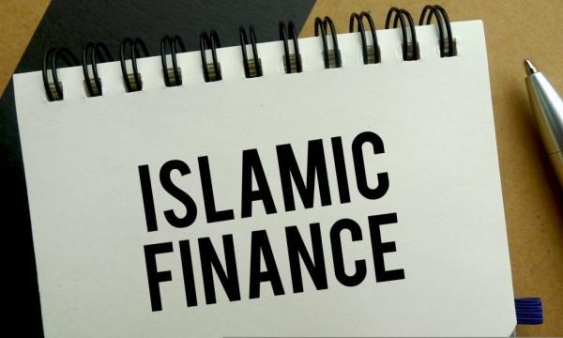
Here's why growth in Islamic banking will slow in the coming years
The slump in oil prices is one factor.
Analysts at BMI Research expect growth in Islamic banking to be slow over the coming years, as lower-for-longer oil prices continue to weigh on the economic outlook of the Gulf Cooperation Council (GCC) countries, which account for more than two thirds of total Islamic banking assets.
Here's more from BMI Research:
While an uptick in sovereign bond issuance will compensate for some of the slower growth, we believe that opportunities will be concentrated in expanding into new markets, especially as a number of countries adopt regulations supporting the development of Islamic finance.
That said, a number of long-term obstacles persist, especially the lack of standardisation in the industry and the lower profitability compared to conventional banking.
With the exception of Malaysia, which accounted for 15.5% of total Islamic banking assets in 2015, the largest markets for Islamic finance are all oil-exporting economies , notably Saudi Arabia (33.0% of assets), the UAE (15.4%), Kuwait (10.1%) and Qatar (8.1%).
The slump in oil prices since H214 has forced governments to cut down on spending, resulting in a sharp slowdown in economic activity. This has in turn weighed on Islamic banking growth. Banks have remained relatively resilient, by looking to transform their business model and diversify their sources of revenues, for instance by putting a greater emphasis on asset management, brokerage and trade finance.
The UAE is also incentivising the use of Islamic finance, with the Security and Commodities Authority (SCA) having announced its intention to open up markets to smaller sukuk issuers and shortening the approval timeframe for issuance applications. That said, it will not be sufficient to prevent a slowdown, which has already started to take place.
Given our expectations for oil prices to stay low for longer, and amid existing market saturation in these core markets, we believe that opportunities will focus on expanding Islamic banking to untapped markets. In particular, we see growth potential in markets currently seeking to establish new regulations authorising and/or encouraging the use of Islamic finance.
Turkey will be one of the most exciting markets to watch over the coming years, with Islamic banks having increased their market share in recent years and the government's efforts to establish regulations encouraging more widespread use of sukuk. Also traditionally opposed to Islamic banking for political reasons, Morocco authorised requests to open Islamic finance institutions at the beginning of 2017, with the first branch opening in May.
This shows the potential for governments to introduce more favourable regulations, especially as it could increase financial inclusion among poorer citizens.






















 Advertise
Advertise








